BaoDao Talk Blog
2024-08-30updated
Taiwan’s “No Garbage on the Ground” Policy Explained: A Unique Approach to Waste Management for Visitors
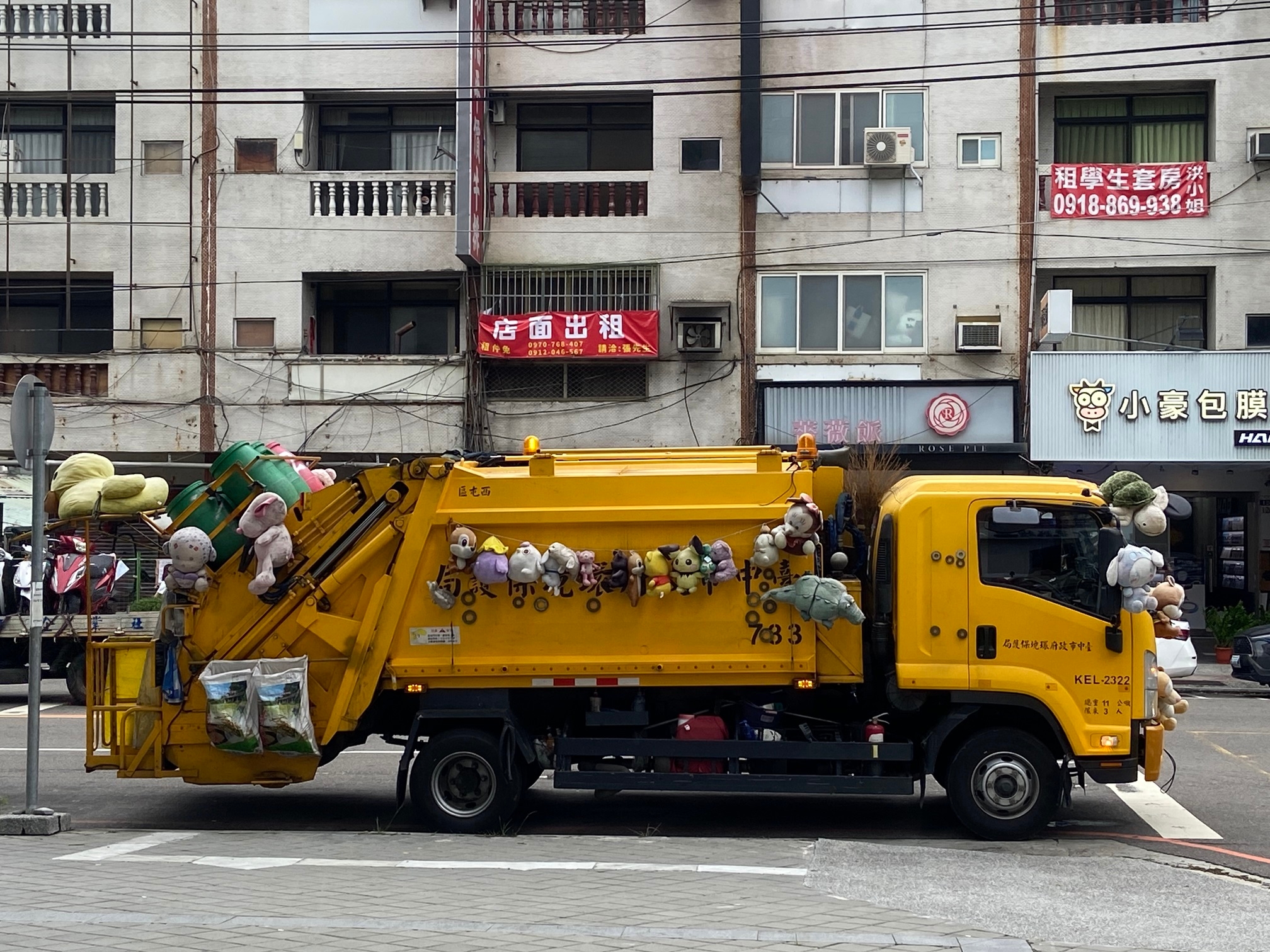
# Get to know Taiwan
Taiwan is known for its efficient waste management system, which is built around the concept of "No Garbage on the Ground." This policy, which has been in place for over two decades, plays a vital role in maintaining the cleanliness of Taiwan’s streets, even in its humid climate. Let’s explore how this system works and the fascinating cultural elements tied to it.
Quick Navigation
Why “No Garbage on the Ground”?
The “No Garbage on the Ground” (垃圾不落地) policy was implemented to tackle a common issue in Taiwan. In the past, some residents would place their trash on the streets long before collection time, leading to unpleasant odors from sun exposure and the potential for stray animals to scatter the waste. This not only affected environmental hygiene but also detracted from the appearance of the urban landscape. The policy requires residents to take their garbage directly to garbage trucks at specific collection times, ensuring that no trash is left unattended on the streets.
Detailed Waste Sorting: An Integral Part of the System
Taiwan's waste management is not just about disposal but also about meticulous sorting. Waste is categorized into three main types: general waste, recyclable waste, and food waste. Each type of waste requires specific handling:
General Waste: This type of waste must be placed in government-approved garbage bags, which are sold at local convenience stores. The cost of these bags includes the waste processing fee, encouraging residents to reduce the amount of general waste they generate.
Recyclable Waste: Taiwan has a very detailed recycling system. Items such as plastics, paper, metal, glass, batteries, and electronic devices are all recyclable. These items need to be cleaned, flattened, or otherwise prepared before being placed in designated bins or handed to the recycling truck, which often follows the garbage truck.

Food Waste: In Taiwan, food waste is divided into two categories—raw and cooked. Raw food waste, like vegetable peels and eggshells, is typically composted, while cooked food waste is often used as animal feed, particularly for pigs. This classification ensures that food waste is used effectively rather than ending up in landfills.

The Role of Music in Waste Collection
One of the most unique aspects of Taiwan’s garbage collection is the music played by the garbage trucks. In most parts of Taiwan, you’ll hear Beethoven’s "Für Elise" or Badarzewska-Baranowska’s "A Maiden’s Prayer" when the garbage truck is approaching. This music serves as a friendly reminder for residents to bring their trash out for collection.
But why these specific tunes? The origins are somewhat of a mystery, with several theories circulating. One popular story is that a former Minister of Health heard his daughter practicing "Für Elise" on the piano and was so captivated by the melody that he decided it should be used as the official garbage truck music. Another theory suggests that these tunes were already programmed into the garbage trucks when Taiwan imported them from Japan or Germany in the 1960s.
Interestingly, the same "A Maiden’s Prayer" melody is used in countries like the United States and Australia—not for garbage trucks, but for ice cream trucks! This often leads to amusing misunderstandings when foreigners in Taiwan hear the music and expect an ice cream truck, only to be met by a garbage truck instead.
How It All Works
The garbage trucks operate on fixed schedules, visiting neighborhoods five days a week. Residents must be punctual, as the trucks don’t wait. In some areas, residents even track the trucks via apps or websites to ensure they don’t miss the collection time.
Once collected, general waste is incinerated, with the resulting ash repurposed for steelmaking or road construction. Recyclables undergo further sorting and processing at recycling centers, while kitchen waste is either composted or used as animal feed. This efficient system has contributed to Taiwan’s impressive recycling rate of 55%, making it one of the highest in the world.
A Cleaner Future
Taiwan’s “No Garbage on the Ground” policy, combined with rigorous waste classification and a strong community commitment, has transformed the country into a global leader in waste management. The streets are clean, and environmental awareness is deeply rooted in the culture, starting from education in schools. As a result, Taiwan’s waste management practices not only maintain the country’s cleanliness but also set a model for other nations to follow.
Share to:
Popular Articles
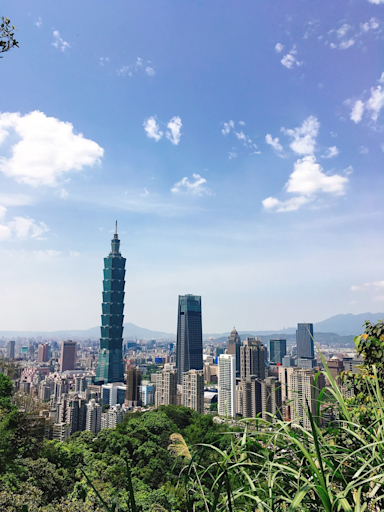
2024-09-20
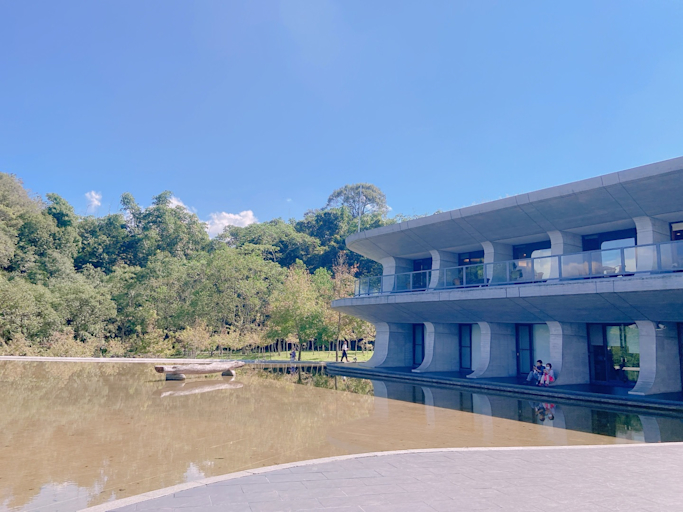
2024-08-23
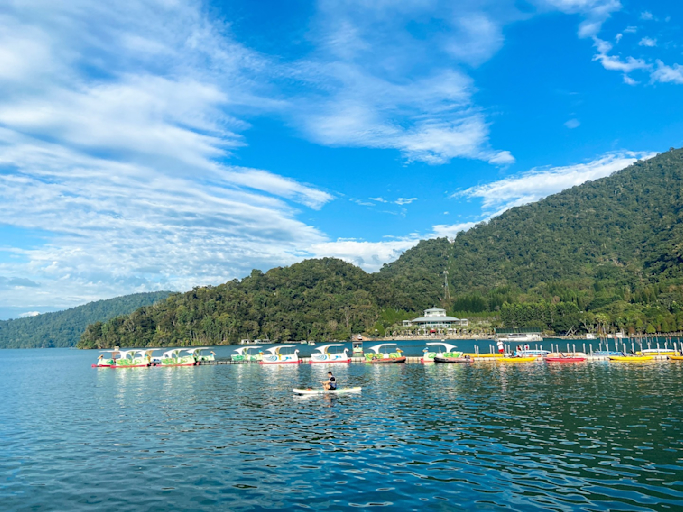
2024-08-16
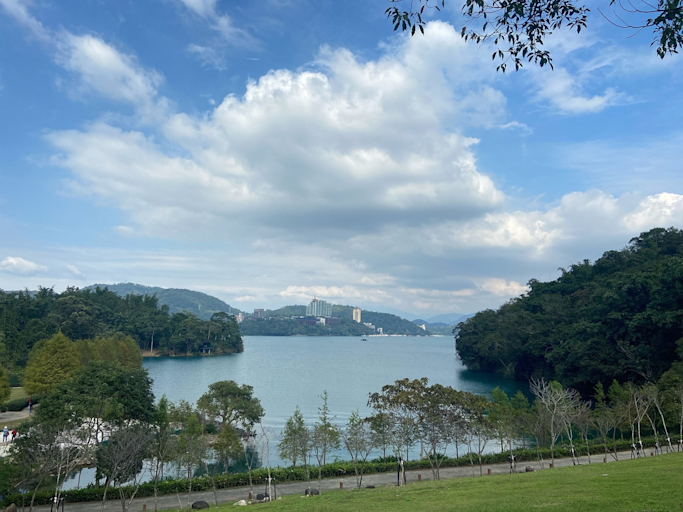
2024-08-08
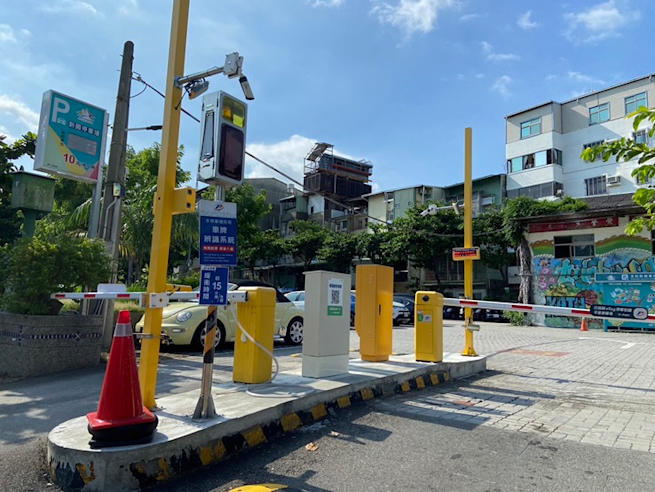
2024-08-02

2024-07-26
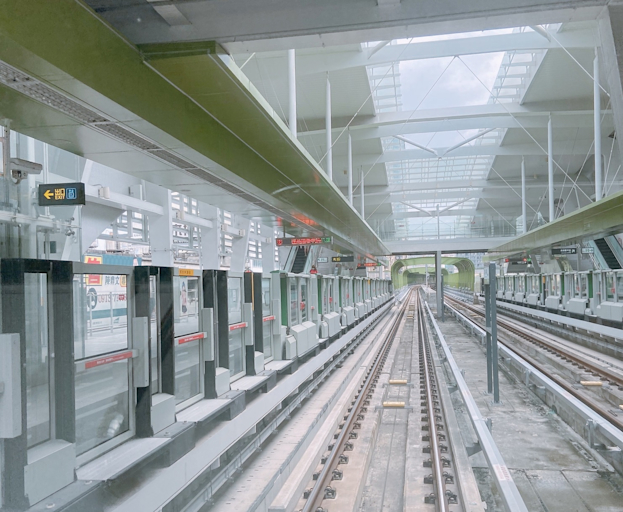
2024-07-19

2024-07-12
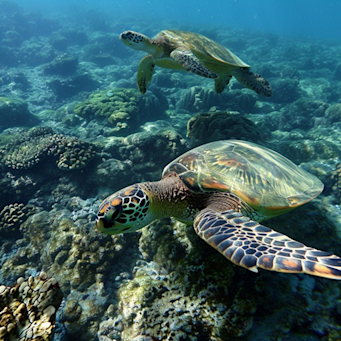
2024-06-28
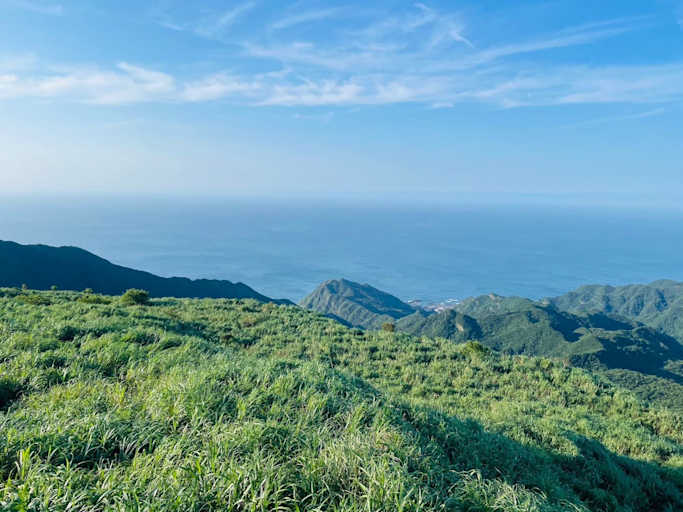
2024-06-21
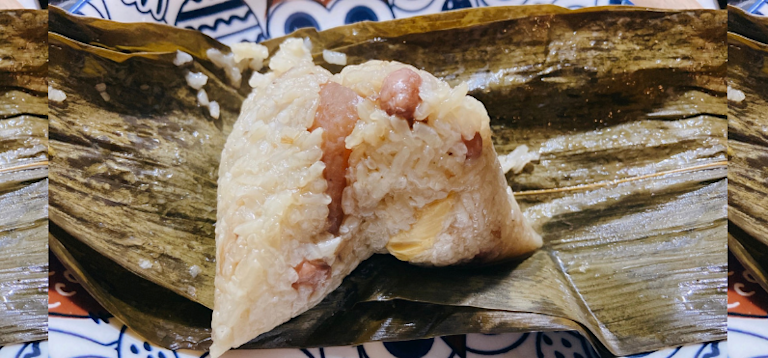
2024-06-11